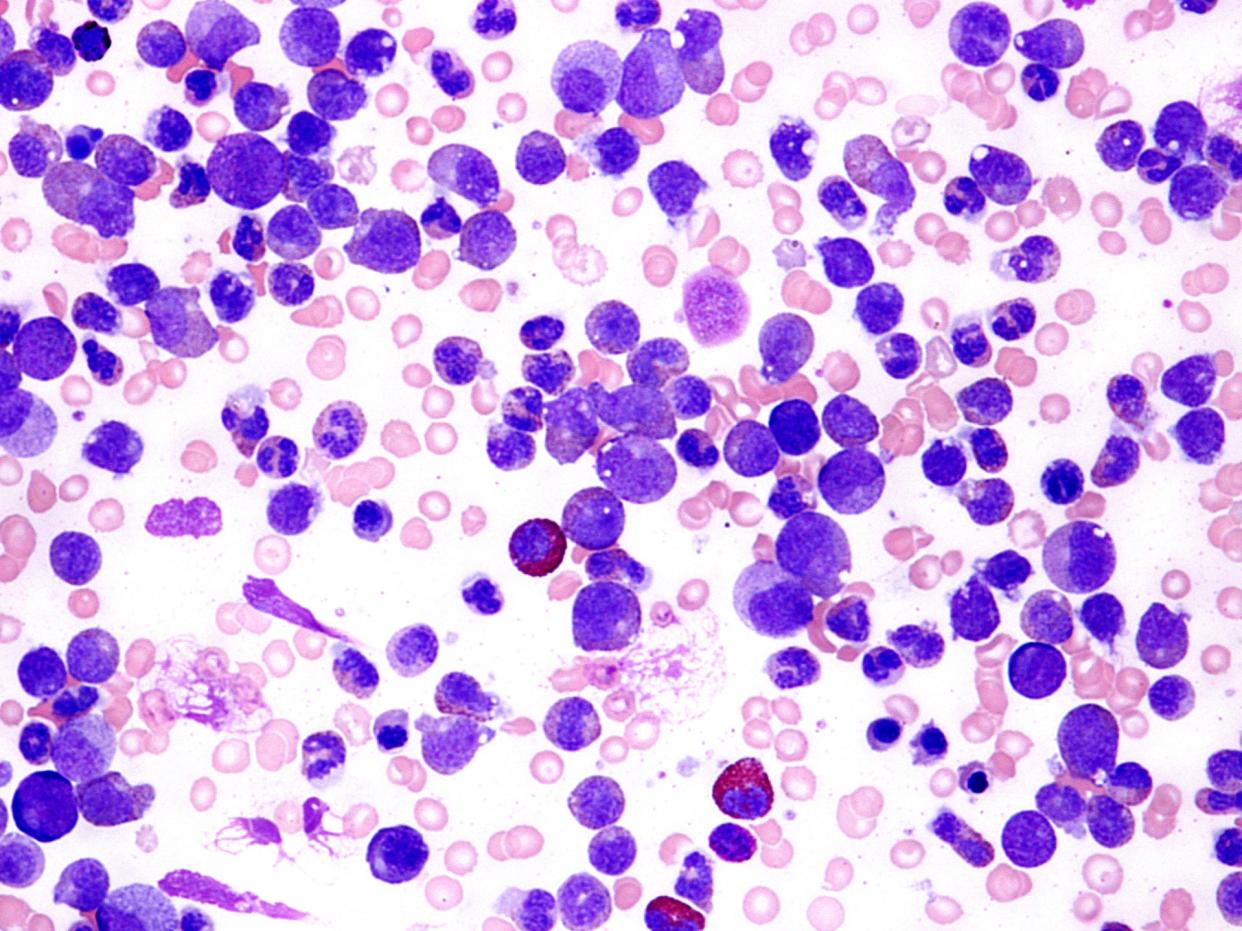Scientists develop new technology that helps shed light on 'earliest stages of colon cancer'

Scientists have developed new technology that could help detect the “very earliest stages of colon cancer” by looking at genetic mutations in healthy tissue cells.
Cancer is caused by mutations in certain genes and when there are enough mutations, a cell may become cancerous and divide uncontrollably to form a tumour.
In the past, mutations that cause cancer have been identified in tumour tissue. However, due to technical limitations, scientists have been unable to detect them in healthy tissue.
Now, researchers from the Wellcome Sanger Institute have developed new technology to sequence the genomes of colon cells and study their mutations in detail.
The scientists say their findings, which are published in the journal Nature, will help them understand how a healthy cell becomes a cancerous one.
In the new study, the researchers developed methods to identify the genome sequences of healthy colon cells and uncovered some mutations that were at “the very earliest stages of colon cancer development”.
While the cells looked normal in shape and size, they had distinct patterns of genetic changes, the researchers said.
However, Henry Lee-Six, lead author of the research, points out that while these mutant cells are abundant, “a vast majority” of them won't actually “go on to cause cancer”.
The researchers say their findings provide clues as to why some tissues are more prone to cancer than others.
To identify the mutations, the team used a technique known as laser capture microscopy to cut out tiny cavities, called crypts, in donated colon tissue samples.
The researchers then developed a new method to sequence the genomes of these crypts and automated the process to enable tens of thousands of genomes to be swiftly sequenced.
Sir Mike Stratton, director of the Wellcome Sanger Institute and lead author of the research, said: “The ability to find mutations in normal cells means we can now describe how many and what types of mutations there are in different tissues across the human body, potentially providing understanding of what makes some tissues more prone to cancer than others.
"In this study we identified new patterns of mutations, known as 'mutational signatures', in the genomes of normal colon cells that provide clues to the causes of those mutations and thus may lead to uncovering hidden causes of colon cancer."
According to Bowel Cancer UK, there are 42,000 new cases of colon cancer every year in the UK and it is the second most common cause of cancer death.
However, it adds that the number of people dying from colon cancer has been decreasing since the 1970s, which it suggests may be due to earlier diagnosis and better treatment.
The NHS states that symptoms of colon cancer include changes in bowel habits, such as diarrhoea or constipation, persistent blood in the stools and lower abdominal pain, including bloating or discomfort.
It is not known exactly what causes colon cancer, however there are a number of factors that can increase your risk, including age, diet, weight, alcohol intake and smoking, the NHS adds.
Read more
Babies born at 22 weeks now have chance of survival, scientists say


